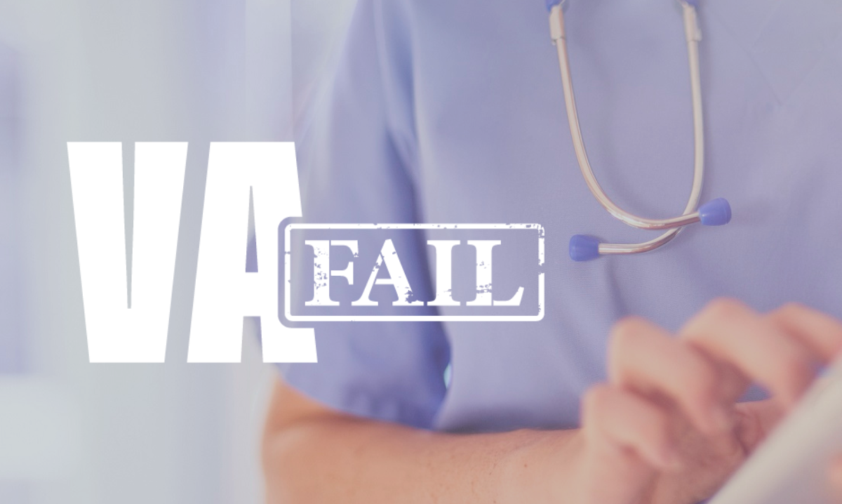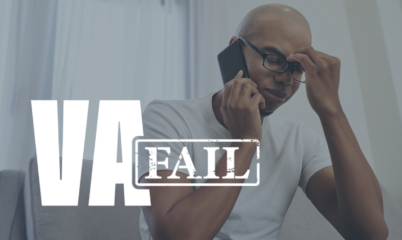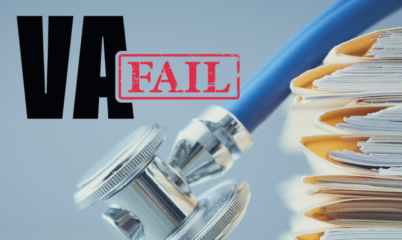
#VAFail: Silencing those who question quality of VA care
The VA Accountability and Whistleblower Protection Act (WPA) is supposed to ensure people who engage in protected disclosure ― whistleblowers ― are free from fear of retaliation for bringing problems to light.
But in many instances, the Department of Veterans Affairs tries to silence VA staff who speak up about wrongdoing at the department. The U.S. Government Accountability Office (GAO) found that, from 2018 to 2022, two-thirds of VA whistleblowers reported allegations of retaliation.
A culture of retaliation
As Military.com reporter Patricia Kime noted, the problems at the VA are not new. In 2019, the VA fired a clinical psychologist the day before she was set to testify before Congress about the department’s treatment of whistleblowers.
Additionally:
- Katherine Mitchell, a VA doctor who exposed the Phoenix VA Medical Center’s egregious appointment wait times, was “allowed to return to work,” but then faced retaliation.
- Jeff Dettbarn, a VA employee who blew the whistle in 2017 on diagnostic exams being canceled at the VA Medical Center in Iowa City, Iowa and testified before Congress, saw his responsibilities removed and salary lowered.
Issues such as these lead to passage of the VA Accountability and Whistleblower Protection Act, meant to give VA more ability to fire bad actors and protect those who raise flags about wrongdoing.
But leaders at the VA have publicly stated “VA has demonstrated the ability to hold employees accountability without having to use [the 2017 accountability authorities].”
Not only is the VA not holding its employees accountable, but it’s also seemingly punishing those employees that alert the public to problems at the VA.
VA is an outlier – and not in a good way
While problems for VA whistleblowers have risen over the last five years, the culture has improved at other federal agencies.
“Overall, allegations of retaliation against all federal whistleblowers declined from 2018 to 2022, but cases at the VA involving retaliation rose during the time frame,” Kime reported.
Kime said VA officials acknowledged during a hearing in 2022 that turmoil at the VA Office of Accountability and Whistleblower Protection “has eroded the trust that it is supposed to engender in employees who report wrongdoing.” But Maryanne Donaghy, assistant secretary for accountability and whistleblower protection, said the department has reformed the office with a goal to ensure that whistleblowers are heard and protected.
“Simply put, the OAWP of 2019 is not the same office as the OAWP of 2022. And driven by a dedicated staff, OAWP will continue to improve,” Donaghy told Kime.
But is that true?
The VA is known for its often hostile work environment, and accountability measures are not working.
These instances show VA officials are more interested in burying their own shortcomings than in making reforms that help veterans get the care they need. No veteran should be stuck in this system that puts their needs below the needs of the bureaucracy.
Read more about our solutions for reforming veterans’ health care.
Related Content

#VAFail: Significant issues found with suicide crisis line, leading to calls for accountability and reform

CVA to Congress: Investigate sexual harassment at VA and restore accountability


